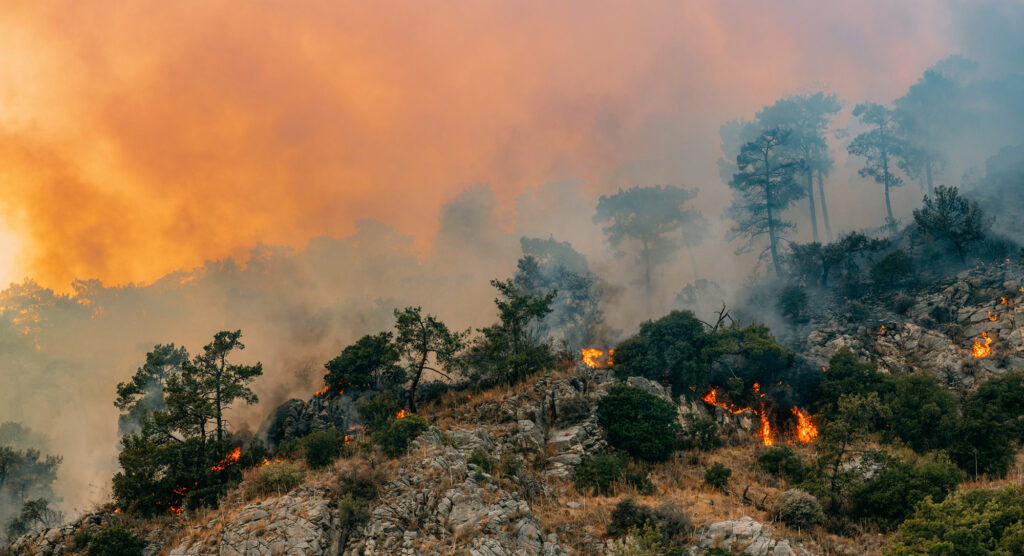Across the eastern U.S., officials warned residents to stay inside and limit or avoid outdoor activities again Thursday, extending “Code Red” air quality alerts in some places for a third-straight day as forecasts showed winds continuing to push smoke-filled air south.
According to the Baltimore Sun, air quality declined to “very unhealthy” levels in the Baltimore area Thursday morning as a particularly thick plume of wildfire descended on the area.
Air monitors in Central Maryland registered air quality indexes well above 200, and in some cases close to 300, for particulate matter, according to the Maryland Department of the Environment. Any value above 300 is considered “hazardous” — the most dangerous category on the air quality index scale.
Breathing particle pollution made up of acids, inorganic compounds, organic chemicals, soot, metals, dirt, and biological materials or anything else that has burned in the wildfire, such as buildings and cars, is the principal threat that comes with the smoke. It can aggravate asthma, decrease lung function, irritate airways, and cause irregular heartbeats. Elderly, children, pregnant women, and those with existing respiratory and cardiovascular impairments are most vulnerable.
Officials are recommending people and pets limit their time outdoors and avoid strenuous activity outside. With air quality in the “very unhealthy” purple range, the risk of health impacts is elevated for the public. Experts say a well-fitting N95 mask can help reduce the quantity of fine particles able to enter the lungs to cause health effects.
Experts advise checking air quality alerts regularly. AirNow.gov, the EPA’s website, allows people to track air quality by entering their ZIP codes. Many smartphones have apps that also track air quality.
Brady Scott, a fellow at the American Association for Respiratory Care, recommended that people stay indoors as much as they can, with doors and windows closed. That includes for activities like exercise, which can cause stress on the lungs.
People with respiratory-related health conditions, including asthma, should monitor their symptoms closely, he added. They should also make sure their medications, like inhalers, are available or not expired.
“People know their bodies well. If they see some changes they believe are related to bad air, perhaps they need to contact a physician or advanced practice provider,” Scott said.



